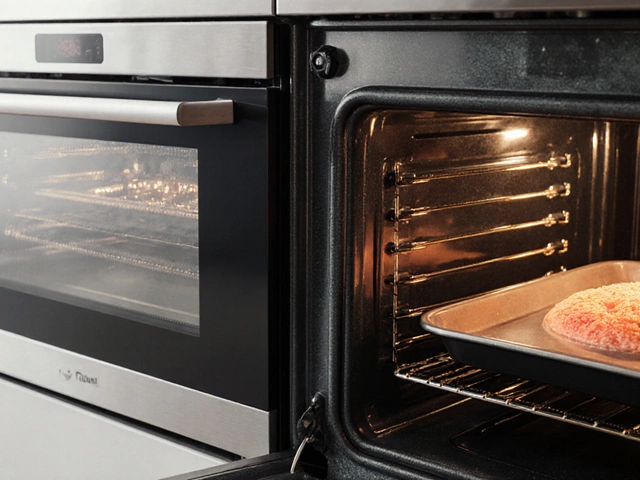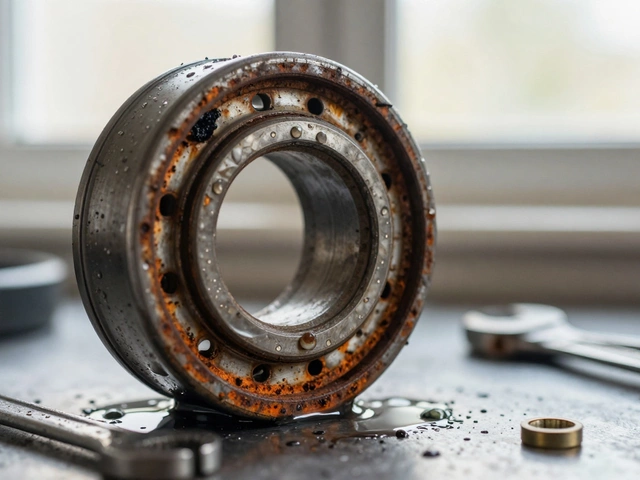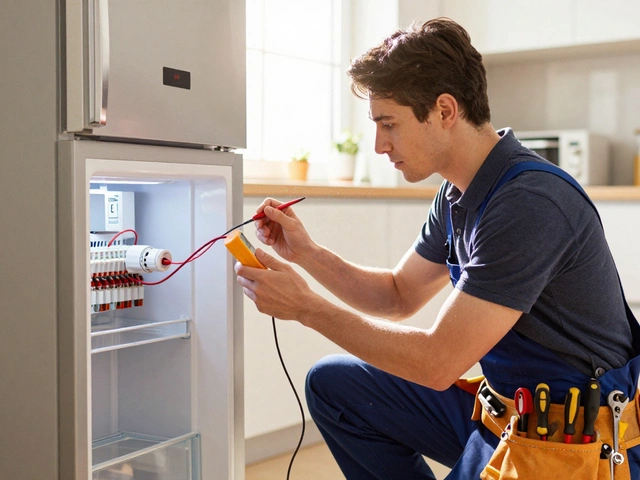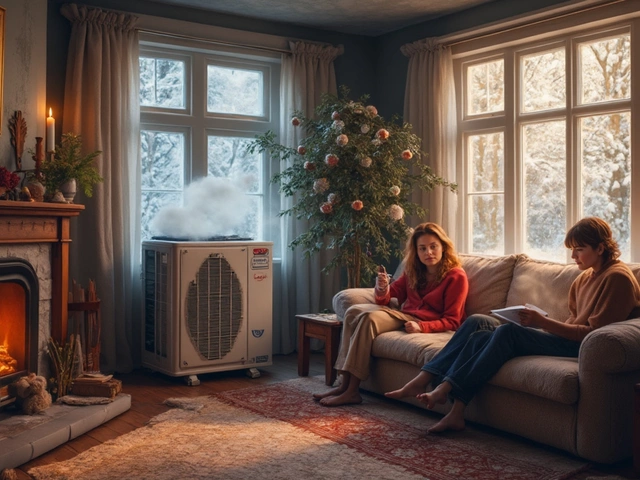How to Identify an Electric Oven Problem: Common Signs and Quick Checks
November 17 2025Heat Pump Replacement: A Practical Guide
Thinking about swapping out your heat pump? You’re not alone. Many homeowners reach the point where a repair just isn’t worth it, or the unit is getting too old to run efficiently. In this guide we’ll walk through the signs that it’s time for a new pump, how to choose the right size and model, and what to expect when the pros come to install it.
When to Replace Your Heat Pump
Heat pumps can last 10‑15 years if they’re well cared for, but a few red flags should make you call a technician. First, the unit is constantly short‑cycling – turning on and off in quick bursts. That usually means the compressor is wearing out. Second, your energy bills have jumped without a change in usage. An older pump loses efficiency and makes the heater work harder. Third, you notice strange noises like rattling or squealing; those sounds often point to internal damage that can’t be fixed cheaply.
Another easy check is the temperature difference between the supply and return air. If the gap shrinks to less than 15°F (about 8°C), the pump isn’t moving heat effectively. Lastly, if the warranty has expired and you’re facing frequent repairs, it’s smarter to replace rather than keep spending on fixes.
Choosing the Right Replacement
Size matters. A pump that’s too small will never keep your home warm, while one that’s too big will short‑cycle and waste energy. The best way to get the right size is a load calculation – a simple math test that looks at your home’s square footage, insulation, windows, and climate. Reputable installers will do this for free.
When it comes to brand and features, go for a model with a high Seasonal Energy Efficiency Ratio (SEER) and a good coefficient of performance (COP). Higher numbers mean lower bills. Variable‑speed compressors are a great upgrade; they adjust output to match demand, keeping temperatures steady and cutting costs.
Think about the future too. Some heat pumps can also provide cooling, which is handy if you need air‑conditioning in the summer. If you have a solar system, look for units that can integrate with it – the savings add up quickly.
Installation costs vary. On average, a full replacement in Bedford runs between £3,000 and £5,000, including labor, disposal of the old unit, and a fresh refrigerant line. Ask for a written quote that breaks down each part. A reputable company will also test the new pump before they leave, making sure everything runs smoothly.
Don’t forget permits. In most UK areas, a qualified gas engineer or heating contractor handles the paperwork, but it’s good to confirm they’re registered with Gas Safe. This protects you and keeps the work legal.
After the new pump is up, schedule a first‑year service. A quick check‑up can spot early issues and keep the warranty valid. Also, change the filters regularly – a clogged filter forces the pump to work harder and reduces lifespan.
Bottom line: replace your heat pump when it’s no longer efficient, making too much noise, or costing more in repairs than a new unit. Pick a correctly sized, high‑efficiency model, and trust a Gas Safe‑registered installer to do the job right. With the right choices, you’ll enjoy steady warmth, lower bills, and peace of mind for years to come.
 13 Sep
13 Sep
How to Tell If Your Heat Pump Needs Replacing (Signs, Costs, Repair vs Replace)
Not sure if your heat pump is dying? Learn the telltale signs, repair vs replace rules, real costs, and simple tests to decide with confidence-without wasting money.
Read More...



